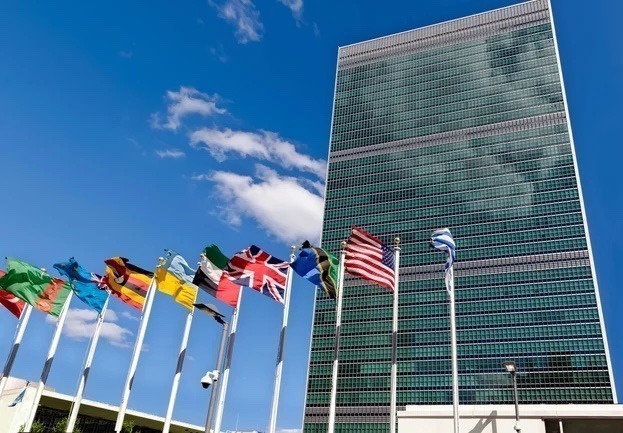By Trent Martin, 21Wilberforce Coordinator for Advocacy & Training
21Wilberforce is partnering with researchers from the University of Stirling to launch a project that is exploring how civil society organizations can effectively advocate for real changes in the religious freedom policies of countries around the world using the United Nations’ Universal Periodic Review (UPR) mechanism.
The Universal Periodic Review is a unique process within the United Nations Human Rights Council, established in 2006, that reviews the human rights records of all 193 UN Member States within repeating four-and-half year periods. The UPR is designed to prompt, support, and expand the promotion and protection of human rights on the ground. It provides an opportunity for all States to declare what actions they have taken to improve the human rights situations in their countries and to receive recommendations for improvements from other states. The states with their records under review can either “support” the recommendation, which means that they have committed to implement it, or merely “note” the recommendation, which means that they have not committed to implementation.
While the UPR process is a widely recognized method of engagement for human rights advocacy, the connection between supported FoRB-related UPR recommendations and actual on-the-ground implementation is an area that has not been comprehensively researched. Member State improvements based on accepted recommendations for the FoRB framework of various countries around the world are unlikely to materialize if there is no effective implementation, and civil society organizations, like 21Wilberforce, can play a major role in supporting the realization of these measures.
This project will explore the role and strategies of civil society organizations in influencing the implementation of freedom of religion, belief, and conscience-related human rights recommendations listed in individual country reports of the UPR cycle. Specifically, this research will focus on:
- Identifying and analyzing impact drivers and optimal engagement of civil society organizations in making FoRB recommendations and in supporting and advocating for these recommendations during the three-year implementation phase for facilitating the implementation of FoRB-related recommendations;
- Case studies that provide insights into lessons learned from best practices and failures; and
- Key strategies and tactics used by civil society organizations that can be modeled and adopted by others.
Our researchers have analyzed data on the implementation of past recommendations from the site UPR Info and are currently interviewing a wide range of UN experts and civil society leaders to collect information on best practices that will provide effective strategies for civil society organizations and all groups involved in the UPR process in guiding efforts to spur real change. In addition, the project will explore how civil society can bring awareness to the UPR report recommendations, increase the transparency and accountability of state actors, coordinate with national and international legislative bodies, and ultimately increase the prospect that the target countries will effectively implement the UPR report recommendations and address the underlying issues.
The results of this research will be organized and published as a report and related guidance for civil society organizations and the parliamentary/government, media, and other bodies that collaborate with them in the protection of human rights.

